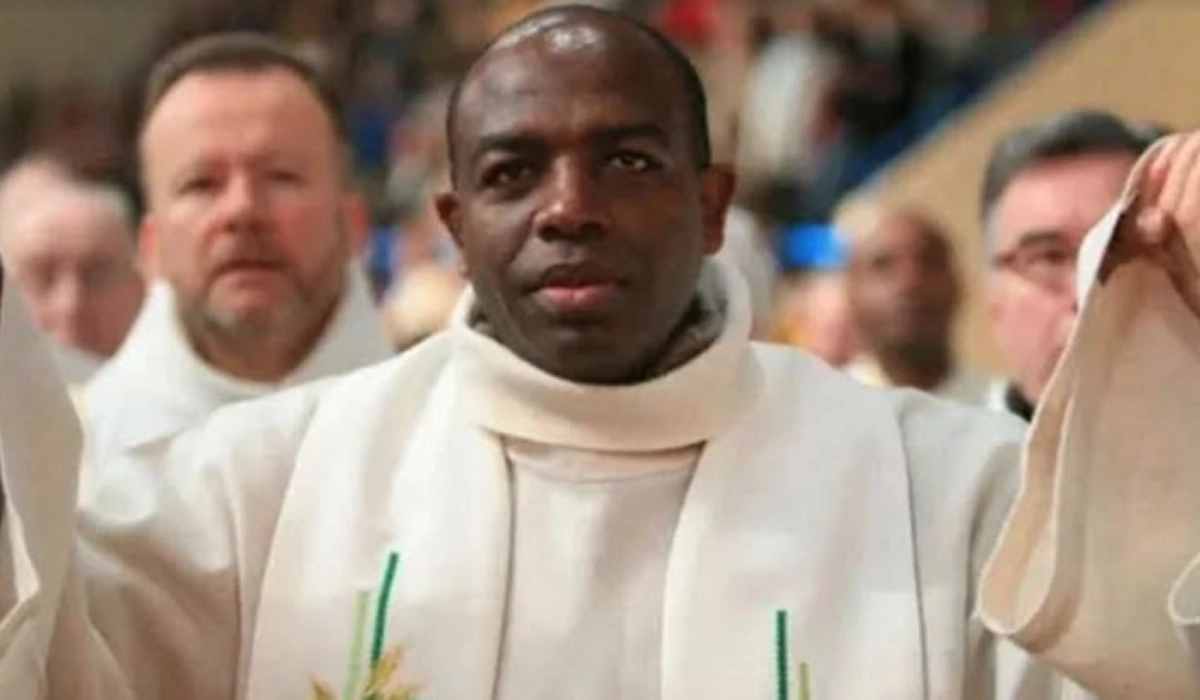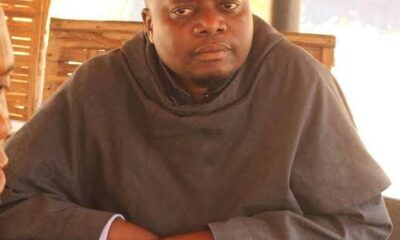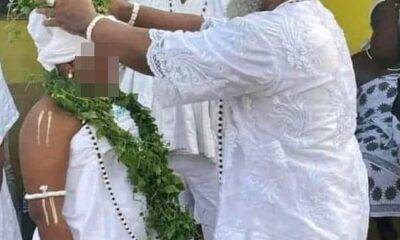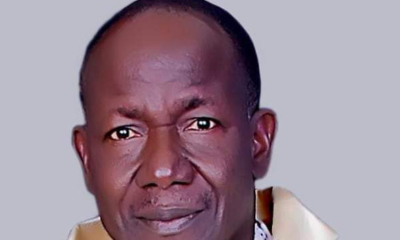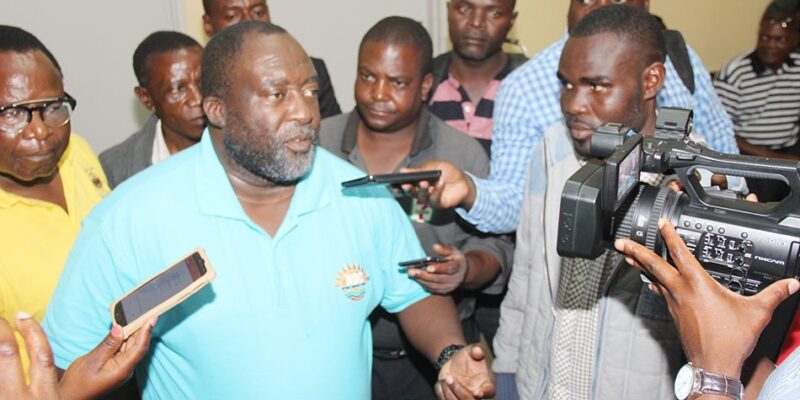Pope Francis has sanctioned the sacking of a 64-year-old Rwandan Catholic priest, Wenceslas Munyeshyaka, who was indicted in the 1994 genocide where over 800,000 Hutus were massacred by the Tutsis.
Munyeshyaka had been serving in northern France for close to 30 years after he fled Rwanda following the genocide.
The Bishop of Évreux who issued a communiqué on behalf of the Pontiff on Thursday, said Munyeshyaka “is excluded” from continuing to serve as a priest “anywhere else” and “automatically loses clerical rights.”
The priest is also said to have openly confessed to have fathered a child 10 years ago.
A local Rwandan media outfit, Times Rwanda, also chronicled the sins of Munyeshyaka, accusing him of crimes committed during the genocide against the Tutsi, stating how he actively participated in the Tutsi killings in Kigali when he was Vicar of Sainte Famille Parish.
“What Munyeshyaka did in 1994 is contained in a 2021 document compiled by the former National Commission for the Fight against Genocide (CNLG), which details how the Genocide against the Tutsi was planned and executed,” the Times wrote on Friday.
“Among the killers who frequently came to the Hôtel des Mille Collines was Father Wenceslas Munyeshyaka, heavily involved in massacres of Tutsi at Sainte Famille Church located not far from the hotel.
“Munyeshyaka participated in the massacre of Tutsi at the Sainte Famille Church and its surroundings.
“Quoting survivors, the CNLG document notes that on various dates between April 8 and the first week of July 1994, at the Sainte Famille Parish, at Saint Paul Church, and at Centre d’Etudes des Langues Africaines (CELA) in Kigali, Munyeshyaka participated in meetings held to organise the massacres and kidnappings of Tutsi civilians with Colonel Tharcisse Renzaho, Odette Nyirabagenzi, Angeline Mukandutiye, Lieutenant Colonel Laurent Munyakazi, other soldiers and Interahamwe.
“Subsequently, Tutsi civilians who had taken refuge in the Sainte Famille Parish, the Saint Paul Pastoral Center, and CELA in Kigali were massacred.
“According to survivors of the Sainte Famille massacres, on April 13, 1994, within the grounds of the Sainte Famille Parish, Munyeshyaka shot dead a young Tutsi. He also killed two young Tutsi, aged 18 and 20. The same day he shot a 22-year-old Tutsi girl.
“On June 17, 1994, at the Sainte Famille Parish in Kigali, Munyeshyaka incited Interahamwe to kill a Tutsi girl named Hyacinthe Rwangwa, alias Baby.
“Victims of rape were able to testify that on April 21, 1994, Munyeshyaka, at the Sainte Famille Parish, encouraged Interahamwe to rape a young Tutsi civilian refugee. At the end of June 1994, Munyeshyaka raped a young girl at the Sainte-Famille Parish who herself testified to this rape.
“Throughout the genocide, Munyeshyaka raped girls he said he was protecting in his room,” the paper wrote.

 Metro1 day ago
Metro1 day ago
 Musings From Abroad1 day ago
Musings From Abroad1 day ago
 Metro1 day ago
Metro1 day ago
 Sports1 day ago
Sports1 day ago
